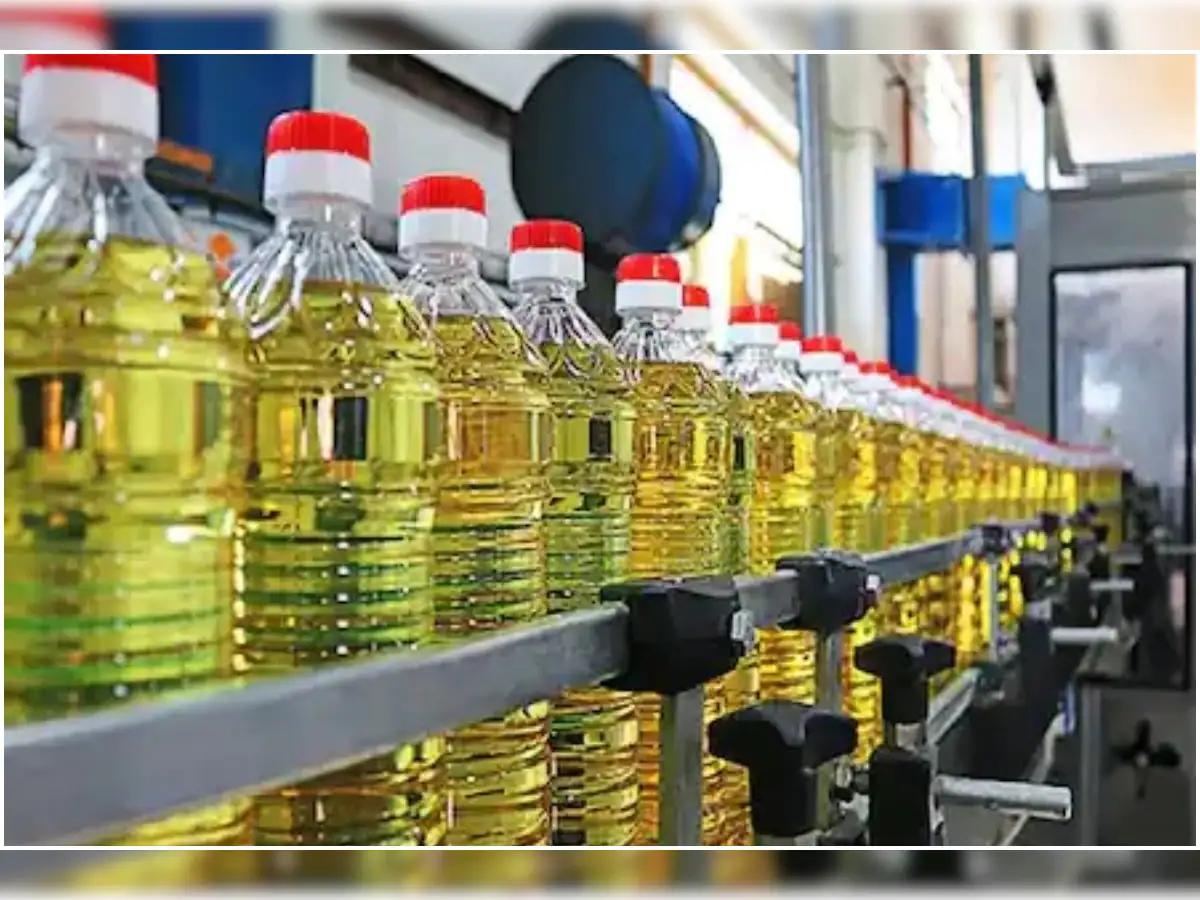|
About Public distribution system
- It is a government-sponsored chain of shops entrusted with the work of distributing basic food and non-food commodities to the needy sections of the society at very cheap prices.
- It is established under the Ministry of Consumer Affairs, Food, and Public Distribution.
- PDS is operated under the joint responsibility of the Central and the State Governments.
- The Central Government, through Food Corporation of India (FCI), has assumed the responsibility for procurement, storage, transportation and bulk allocation of food grains to the State Governments.
- The difference between the economic cost of food grains and Issue Prices is incurred by the Central Government as consumer subsidy.
- The Central Government is also under obligation to procure food grains for meeting the requirements of the buffer stock to ensure food security of the country.
- The operational responsibility including allocation within State, identification of eligible families, issue of Ration Cards and supervision of the functioning of Fair Price Shops (FPSs) etc., rest with the State Governments.
- Under the PDS, presently the commodities namely wheat, rice, sugar and kerosene are being allocated to the States/UTs for distribution. Some States/UTs also distribute additional items of mass consumption through the PDS outlets such as pulses, edible oils, iodized salt, spices, etc.
|
